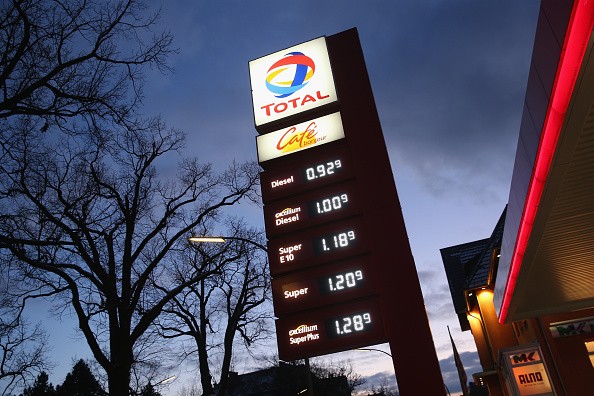China's problem in its domestic oil output will unintentionally help the Organization of Petroleum Exporting Countries (OPEC) in its campaign to prop up oil prices. Analysts predict that China's production will decrease as much as 7 percent this year.
China is the world's biggest consumer of oil and it's also one of the world's biggest producers.
What China is experiencing now is an aftershock of the collapse in prices that started in 2014, causing output to reach a record decline last year. This will force China to depend more heavily on oil imports.
The Sanford Bernstein report reflects the International Energy Agency's estimates on China's oil output. The data shows a continuing decline in output this 2017, from a declined 335,000 barrels a day in 2016 to as low as 240,000 barrels a day this year.
"China's domestic crude output decline will certainly help OPEC's plan to reduce global supply. Even if that isn't China's intention, it's just the reality that China can't produce more under the current circumstances," said Nelson Wang, a Hong Kong-based oil and gas analyst at CLSA.
The country's oil imports in 2016 grew at the fastest rate in six years, making it the world's biggest buyer in December. The imports rose to a record 8.6 million barrels a day during the said month.
Late last year, the members of the OPEC have reached an agreement to deal to trim supply to raise oil prices. However, export reductions have not yet been observed, two weeks into the month in which OPEC and other oil producing countries like Russia were supposed to start.
"Compliance won't be 100 percent, it never is," OPEC told the media. The organization added that an overall rate of 50 to 60 percent of compliance will be good enough, based on previous levels.
As the demand increases and the decline of supply inevitable, with or without the agreement of the OPEC, oil prices will increase. Thus the challenge of looking for alternative sources of energy remains as the world's supply of petroleum declines.



























